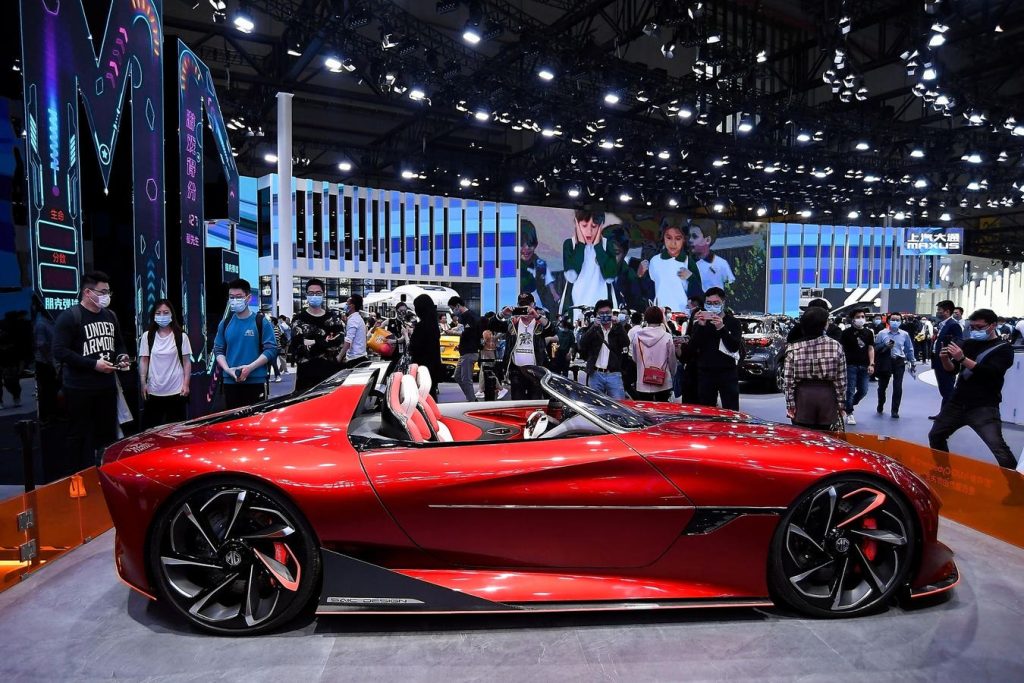The European Union’s decision to increase tariffs on Chinese electric vehicle imports by almost 40% was seen as a move to protect European manufacturers and enable a successful transition towards electric vehicles by 2035. However, analysts believe that the tariffs would not significantly hinder Chinese sales due to their efficiency advantage. German automakers, such as BMW, Mercedes, and Volkswagen, were concerned about potential retaliation from China, which could impact their profitable sales in the country.
The U.S. had previously quadrupled duties on Chinese EV imports to over 100%, while the EU imposed provisional tariffs ranging from 17% to 38%, depending on the accused companies’ level of cooperation. Despite the tariffs, Chinese EV makers were expected to continue their expansion into the European market, albeit at a slower pace. The EU’s anti-subsidy probe was set to continue until November, with the new tariffs taking effect in July.
The green lobby group Transport & Environment welcomed the tariffs as a step towards ensuring European carmakers could offer affordable EVs. However, EV sales in Europe had dipped by 9% in May compared to the previous year, hindering the transition to electric vehicles. With European drivers demanding more affordable EVs, higher prices for Chinese imports could further impede sales growth in the region.
Rho Motion research highlighted the stagnation in EV sales in Europe, with sales plateauing at around 2 million units annually. To meet EU and UK targets for EV sales to comprise 80% of total vehicle sales by 2030 and reach 100% by 2035, momentum needed to increase quickly. Chinese manufacturers were expected to absorb lower tariff levels with their high profit margins, but the impact of the EU’s decision on Chinese sales remained to be seen.
German automakers had advocated for free trade in anticipation of potential Chinese countermeasures following the EU’s decision. The German Association of the Automotive Industry warned that a trade conflict with China could hinder global efforts to overcome the climate crisis and transition towards electromobility and digitalization. A robust industrial strategy for electromobility was seen as crucial for Europe’s automotive sector to remain globally competitive amid changing trade dynamics.
Overall, while the EU’s tariffs on Chinese EV imports aimed to protect European manufacturers and promote the transition to electric vehicles, concerns remained about their impact on affordability and sales growth in the region. Chinese EV makers were expected to continue expanding into the European market, with potentially slower growth due to the tariffs. The true test of the EU’s decision would be China’s response and whether it would affect Europe’s ability to transition to EVs effectively.












